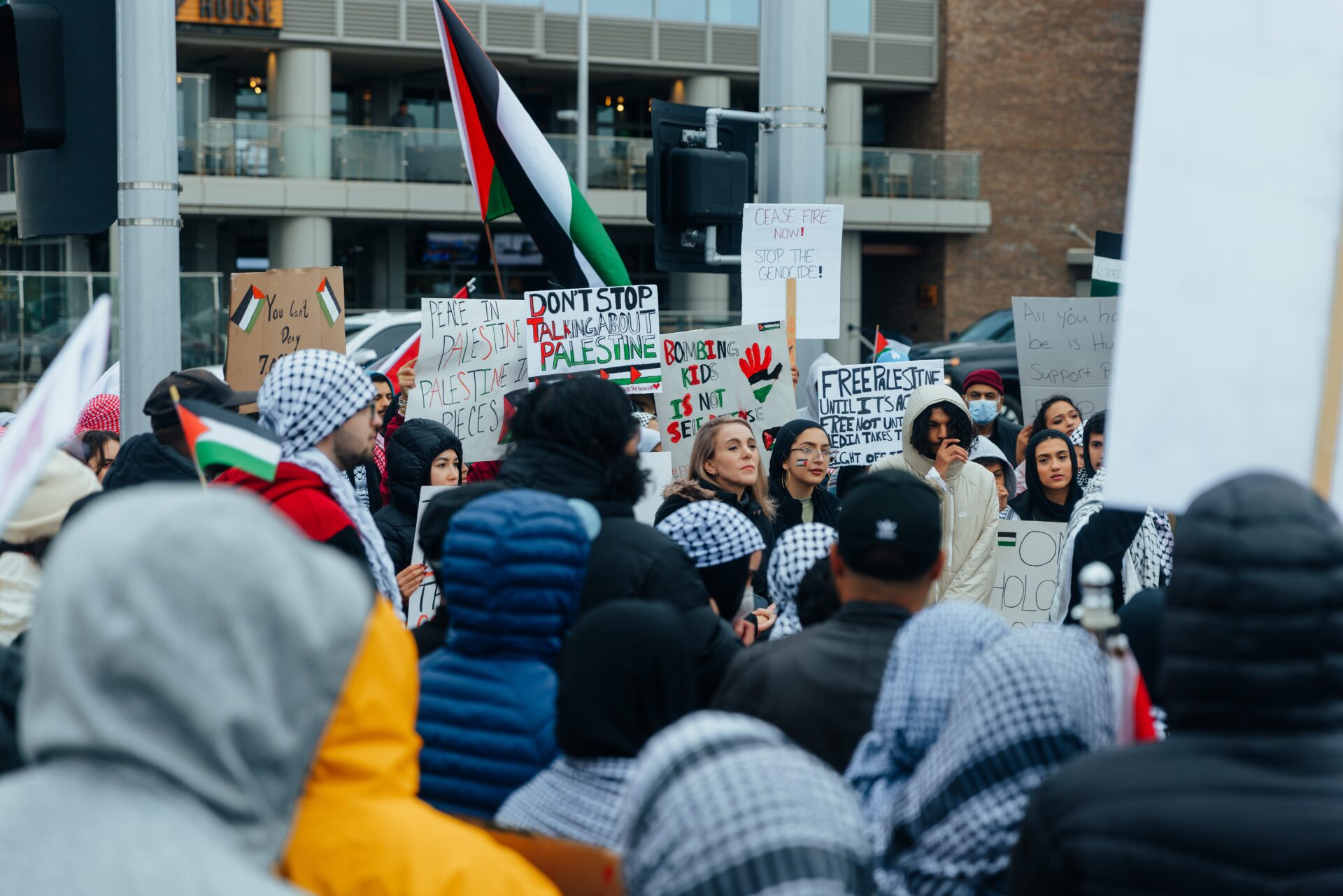When I was 19, I had the opportunity of a lifetime to intern in Palestinian territory. I wrote these words,”Is there nothing I can do?” during my time there and naively did not anticipate them echoing throughout my life.
I had little background professionally, historically or politically regarding what I was about to embark on ― I had never left the United States. Although I had interned with a Muslim civil rights organization and had studied Arabic with a Palestinian professor, discrimination and racism were concepts that I only heard about from friends or read about in books. Although I felt unworthy, as I am not particularly religious, and many Palestinian Muslims are not even allowed to travel to Jerusalem, where I was headed, I made a promise to learn and listen the most I could.
Palestine is a beautiful, warm land filled with the most resilient and welcoming people. It is home to so much rich history and food, and it is a central place for what Islam refers to as “Ahl al-kitab,” or “people of the book,” a group that includes Jews, Christians and Muslims. During holy times such as Ramadan, the ancient streets are lined with decorative lights and filled with the intoxicating scents of spiced food and fresh baked goods.
I had learned about the Berlin Wall in school, and my grandfather was a World War II veteran, so I always held these lessons particularly close to my heart.
However, every day in Jerusalem I saw more and more of the psychological, spiritual and physical violence carried out under the shadow of the separation wall. I have never witnessed so much pain and heartache. Israeli security forces were everywhere. Despite being from the gun-loving state of Oklahoma, I had never seen so many firearms.
Anytime any nuisance occurred for Israel, thousands lost their work permits to enter Jerusalem, youths were arrested, houses bulldozed and Palestinians were killed. I witnessed people, young and old, being violently assaulted, threatened at gunpoint and arrested on sight. A colleague asked me if I had experienced what tear gas felt like, and I stopped in my tracks as he shared his first experience as a young child, walking home from school and being tear-gassed near his home in the Old City of Jerusalem where his family had lived for generations. He had to be helped home as Israeli security forces frequently close off streets and limit access to residents.
When I returned home to Oklahoma, I was angry to realize how little we know about others ― our media, politics and general societal discourse do us no favors in this regard. I made it a point to learn more about the Palestinian region. Now I advocate for Muslim representation in government. However, nothing can replace the voices on the ground.
Since Oct. 7, inexcusable violence has been perpetrated. The Hamas attacks leaving 1,405 dead have been endlessly condemned abroad and in our communities. However, the death toll in Gaza continues to rise with nearly 9,000 deaths, and 40% of those killed are children.
You may feel there is nothing you can do, but that is not the case.
Educate yourself, listen to Palestinian voices, and uplift those most impacted by oppression and injustice. Call your representatives and stand against war crimes and Islamophobia. This is not an issue of political parties; our community is hurting, and their families are bleeding.
Many of us have lived without having to prove we deserve to exist or explain that a terrorist group does not represent our faith. It’s time to stand up and show that our values represent humanity and dignity.
Nicole Baumann has a Master of Science in International Politics from the Katholieke Universiteit Leuven, in Leuven, Belgium. She currently serves as the advocacy coordinator with the Oklahoma Chapter of the Council on American-Islamic Relations.

